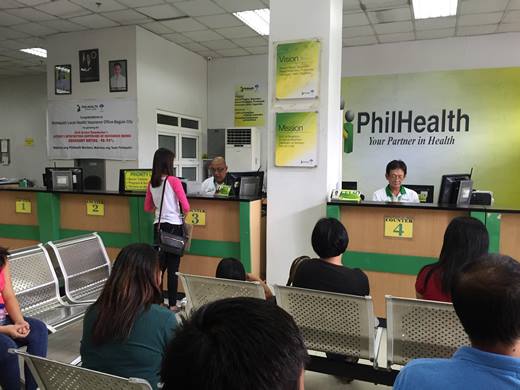News
New PhilHealth payment policy in ‘high, critical risk’ areas OK’d

MANILA – Health care facilities (HCFs) in all “high risk and critical risk” areas can now avail of the Philippine Health Insurance Corporation’s (PhilHealth) new debit-credit scheme, Malacañang announced on Friday.
This, after the Inter-Agency Task Force for the Management of Emerging Infectious Diseases (IATF-EID) approved Thursday the application of PhiliHealth’s debit-credit payment method in all areas considered high and critical risk for the coronavirus disease 2019 (Covid-19).
“PhilHealth’s Debit-Credit Payment Method now applies to all high and critical risk areas,” Presidential Spokesperson Harry Roque, also acting as IATF-EID spokesperson, said in a press statement.
Initially, only HCFs located within Metro Manila, Batangas and the provinces of Bulacan, Cavite, Laguna, Pampanga, and Rizal can avail of the new debit-credit payment.
Roque said the IATF-EID had decided to also give priority to all areas in the country that are considered high risk and critical risk.
“These other high risk and critical risk areas will also be prioritized in the Covid-19 vaccine allocation, human health resource deployment, and other relevant Covid-19 response, as applicable,” he said.
Under the PhilHealth Circular 2021-0004 issued on April 8, the use of DCPM is approved to facilitate the settlement of accounts payable to HCFs to ensure continuous delivery of health care services during the state of public health emergency due to the Covid-19 pandemic.
The PhilHealth circular applies to in-process claims from accredited HCFs treating Covid-19 patients and facilities providing the PhilHealth Covid-19 testing package, with no unliquidated interim reimbursement mechanism fund balances on record, and whose accreditation is not currently suspended.
In-process claims already approved for payment, as of April 7 this year, are not covered by the circular.
President Rodrigo Duterte earlier directed PhilHealth to expedite the payment of hospital claims.
Duterte’s directive came after the state-run medical insurer earlier acknowledged delays in its processing of reimbursement claims by hospitals.





















